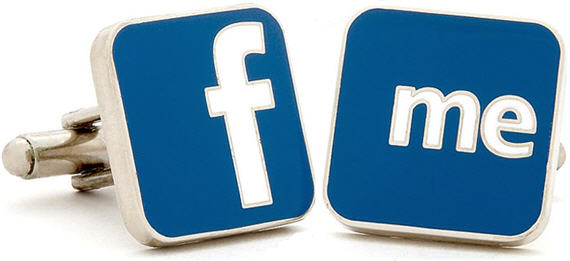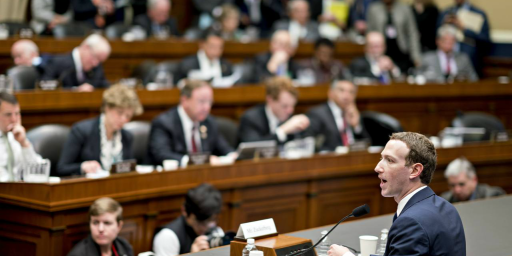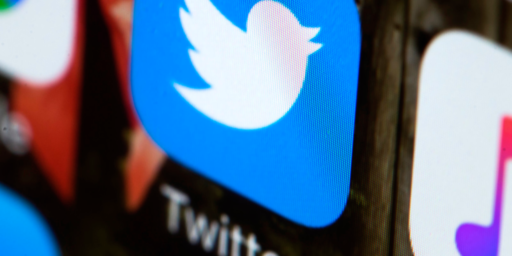Social Network Omissions Reveal More Than You Think
Your Tweets, Facebook wall posts, and FourSquare announcements obviously provide a lot of insights into your life. But so does what you're not posting.
In a posting titled “What Are You Not Telling the World Online?” Aaron Brazell (a top WordPress expert and OTB developer) notes that the ubiquity of information on social media sites allows those who are paying attention to figure out things about people from what they choose not to reveal. He points to an MIT study called Project Gaydar which “reported a high degree of accuracy in identifying the sexual orientation of people who explicitly did not share that on Facebook.”
In an age of renewed concerns about privacy surrounding Twitter, location-based networks such as Foursquare and Facebook’s new Places service, one wonders just how much information that you are not sharing is actually being shown to the world.
For instance, is it logical to deduce that when a persons tone online moves from gregarious to tame, they may be job hunting and wanting to put their best foot forward? Or maybe in the early stages of a new, burgeoning relationship? What can be surmised by a spate of new LinkedIn recommendations? Is a pattern of Twitter status update frequency something that can be reasonably used to deduce some meaning?
Many people are very cautious to curate their online identities in such a way that seems presentable to the outside world. They shape and form their identities for maximum benefit. But what are they not saying that is still being communicated?
It’s a fascinating topic, especially for the under-30’s who are so actively participating in these networks.
I’m amazed how many people haven’t figured out that constantly posting on Twitter, Facebook, FourSquare and the like about their activities provides a digital paper trail which allows their boss, significant others, and friends to know exactly what they’re doing at all times. If you’re supposed to be working but, instead, you’ve produced 279 tweets about your favorite television show, your boss may well know. Ditto your girlfriend if you become Mayor of the Kit Kat Club.
But the converse is just as true, if less obviously so: If you’ve been microblogging your every thought for the last eighteen months and you suddenly stop, people who are paying attention will become suspicious.







What do you mean that my public disclosures aren’t private?!
There seems to be an interesting split between those who “get” these kinds of social media outlets and those that don’t. In my experience critics of this kind of interaction can’t fathom why someone would post information about themselves online, generally fingering privacy as the number one concern.
While I understand this criticism I would also wager that anyone careless enough to post incriminating/incendiary information online for the world to read and react to would probably stumble on another, equally effective way of screwing up.
While one subset of the population did not grow up understanding the repercussions of online blabbering there is now another up and coming group that fundamentally understands both the positive and negative effects of their actions. That is not to say that this information will lead them to prudent or wise choices, but that they will not be shocked to learn that new girlfriend “x” knows that they recently checked in at The Club.
There used to be an axiom that spoke of Usenet and posting there.
http://www.ibiblio.org/Dave/Dr-Fun/df9601/df960124.jpg
This is simply that concept on steroids.